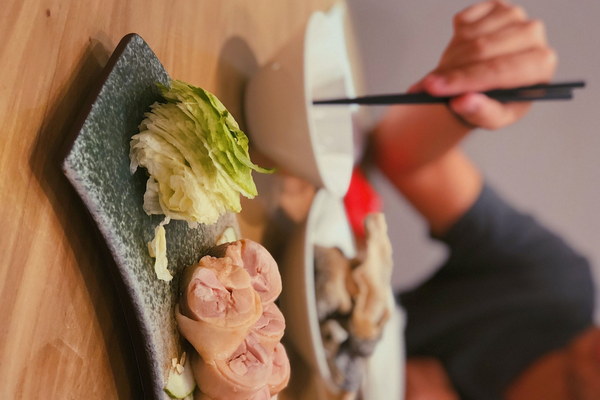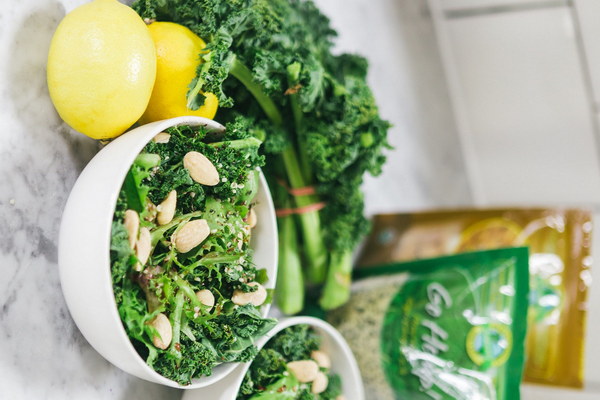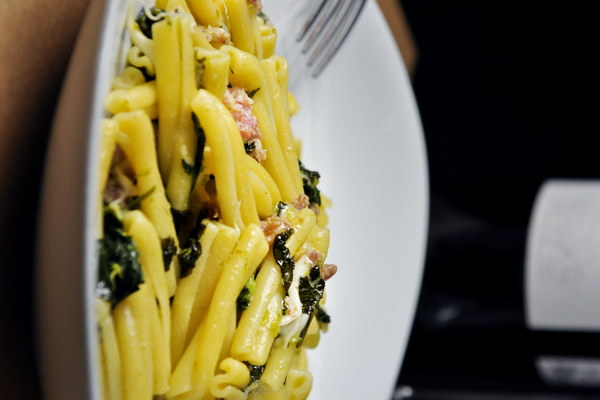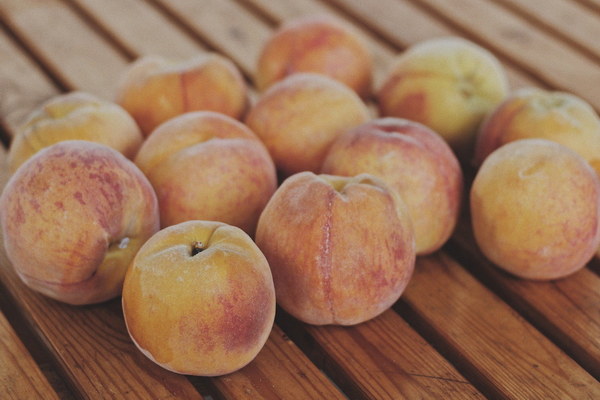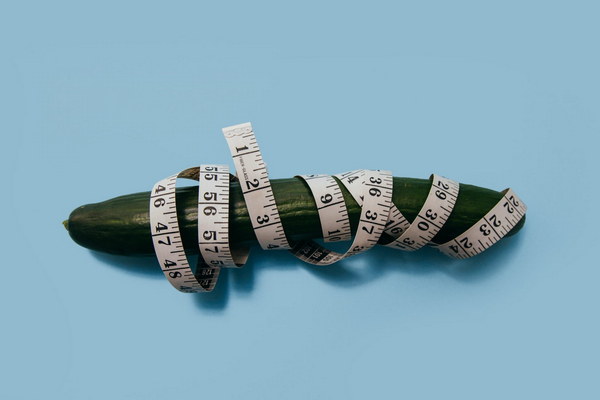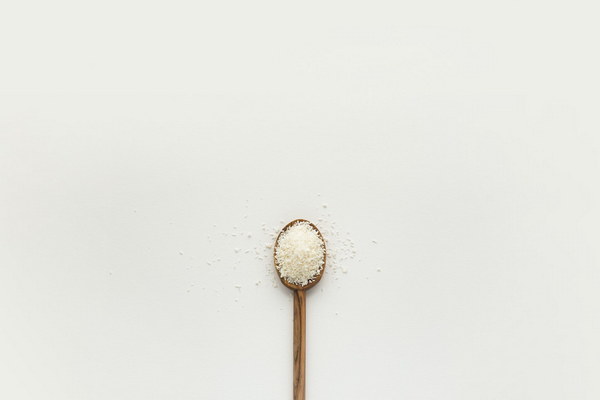LiverLoving Meals A Guide to Nutritionally Balanced LiverCare Diets
Introduction:
The liver plays a vital role in maintaining our overall health and well-being. As the largest internal organ, it filters blood, produces bile, stores nutrients, and eliminates toxins from the body. A nutritious diet is essential for supporting liver health, and this article will provide you with a comprehensive guide to liver-loving meals, focusing on nutritionally balanced liver-care diets.
1. Incorporate a Variety of Fruits and Vegetables:
Fruits and vegetables are rich in vitamins, minerals, and antioxidants that help protect the liver from oxidative stress and damage. Aim to consume a variety of colorful produce, such as:
- Leafy greens (spinach, kale, Swiss chard)
- Cruciferous vegetables (broccoli, cauliflower, Brussels sprouts)
- Berries (strawberries, blueberries, raspberries)
- Citrus fruits (oranges, grapefruits, lemons)
2. Include Healthy Fats:
Healthy fats are essential for liver function and can help reduce inflammation. Incorporate the following sources of healthy fats into your diet:
- Avocado
- Nuts and seeds (walnuts, almonds, chia seeds)
- Olive oil
- Coconut oil
3. Choose Lean Proteins:
Protein is vital for liver repair and regeneration. Opt for lean protein sources, such as:
- Chicken breast
- Turkey
- Fish (salmon, trout, sardines)
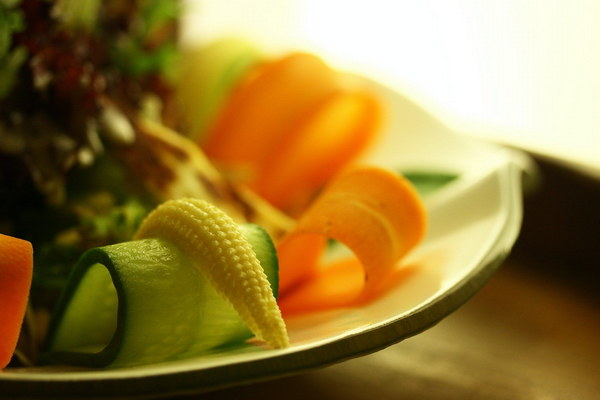
- Tofu
- Beans and lentils
4. Limit Alcohol and Processed Foods:
Excessive alcohol consumption can damage the liver and hinder its ability to function properly. To maintain liver health, limit alcohol intake and avoid processed foods that are high in unhealthy fats, sugars, and preservatives.
5. Drink Plenty of Water:
Staying hydrated is crucial for liver health, as it helps flush out toxins from the body. Aim to drink at least 8-10 glasses of water per day.
6. Incorporate Liver-Cleansing Foods:
Some foods are known to support liver detoxification and promote overall liver health. These include:
- Artichokes
- Beets
- Dandelion greens
- Milk thistle
- Turmeric
7. Practice Portion Control:
Maintaining a healthy weight is important for liver health. Practice portion control and avoid overeating to prevent the accumulation of fat in the liver, a condition known as non-alcoholic fatty liver disease (NAFLD).
Conclusion:
Liver-care diets should focus on incorporating a variety of nutrient-rich foods while minimizing the intake of harmful substances. By following these guidelines and adopting a balanced approach to nutrition, you can support your liver's health and reduce the risk of liver disease. Remember, a healthy liver is the key to a healthy life.

